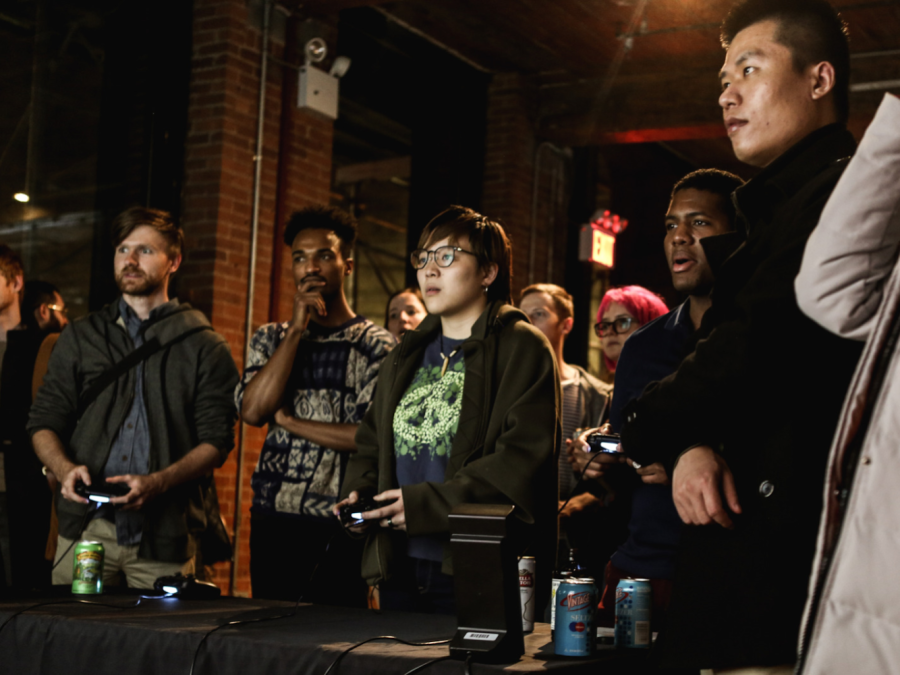NYU game design programs ranked No. 1
The NYU Game Center was named the best school for game design out of 150 surveyed institutions, according to The Princeton Review’s 14th annual rankings.
NYU’s game design program climbs to the top in this year’s The Princeton Review game design rankings. (Courtesy of the NYU Game Center)
April 5, 2023
NYU offers the highest-ranked game design program, according to new rankings from The Princeton Review. The NYU Game Center, housed within the Tisch School of the Arts, placed No. 1 across game design schools in the U.S., Canada and seven other countries in both the undergraduate and graduate categories for the first time this year.
“If there’s a secret formula to getting to the top of The Princeton Review, I want to give credit mostly to our students and our alumni, especially the ones who have just graduated,” Naomi Clark, who chairs the Department of Game Design, told WSN. “NYU is, right now, experiencing record highs in the number of graduates who are getting jobs or going on to other educational programs in the first year after they graduate. You’re doing a fantastic job, everybody — great work!”
The NYU Game Center aims to encourage the exploration of games both in a creative and cultural context, and offers courses in design, development and other areas.
The survey included over 40 questions on topics ranging from academics, faculty, technology and graduate employment. NYU’s graduate-level game design program had ranked No. 1 once before, in 2019, but the undergraduate program topped the rankings for the first time this year.
Clark said that what separates the program at NYU from similar centers at other institutions is its use of what she calls the “art school approach” — a method of making games with a focus on design and applicability over technology and software.
The ranking methodology has shifted to place increased focus on post-graduation career outcomes and salaries over the past few years, according to David Soto, a senior director at The Princeton Review.
“I think the programs are getting savvy enough where they’re able to track their graduates and figure out what game studios they might end up working for, and the salaries that they’re earning at those studios,” Soto said. “This is the type of information that students and parents are probably heartened by.”
Edikan Abia, a senior in the game design department, said that her positive experience in the program was not necessarily due to career opportunities, but because of the experienced faculty and the opportunities she had to connect with professionals in the industry.
Abia said that the center could benefit from more equipment and technology, however.
“My main issue is that we need more space,” Abia said. “In accordance with the fact that the Game Center is a very holistic program, it kind of needs more than what it has currently in order to meet those standards. For example, you can do audio in games at the Game Center, but we don’t have a ton of audio equipment — but [the Clive Davis Institute of Recorded Music], next door, does.”
Contact Hope Pisoni at [email protected].
























































































































































